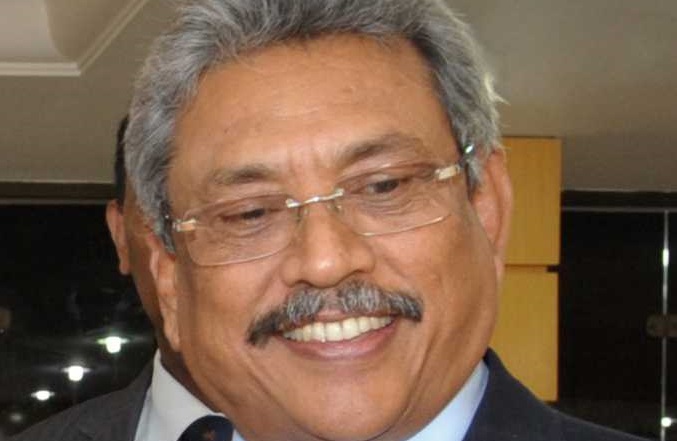
(Barnabas Fund) — The landslide victory of President Gotabaya Rajapaksa in Sri Lanka’s Aug. 5 general election opens the door for his government to introduce legislation against “forced” conversion.
The Sri Lanka Podujana Party (SLPP) won 145 seats in the 225-member Parliament, giving the Buddhist nationalist president an overall majority. Subsequent negotiations with political allies and smaller parties suggest the new government is also close to securing the two-thirds majority necessary to make the constitutional changes needed for anti-conversion legislation.
In March 2020, prime minister Mahinda Rajapaksa, brother of the president and a leading member of the majority Sinhala Buddhist community, hinted to the All Ceylon Buddhist Congress that he would introduce laws criminalizing conversions if he could be confident of receiving the support of parliament.
According to a report published by NewEurope at that time, “the anti-conversion legislation would criminalize all attempts to force or falsely coerce people into converting from one religion to another. In cases where this is proven in a court of law, this can lead to a seven-year prison sentence and a maximum fine of €2,400.”
Christians believe that none can be “forced” to become a follower of Christ as conversion involves regeneration, the changing of one’s very nature, which cannot be done by the hands of men but only the Holy Spirit (Titus 3:5, John 3:3).
Continue reading this story >>
Christian News Network added to this report.
Become a Christian News Network Supporter...


